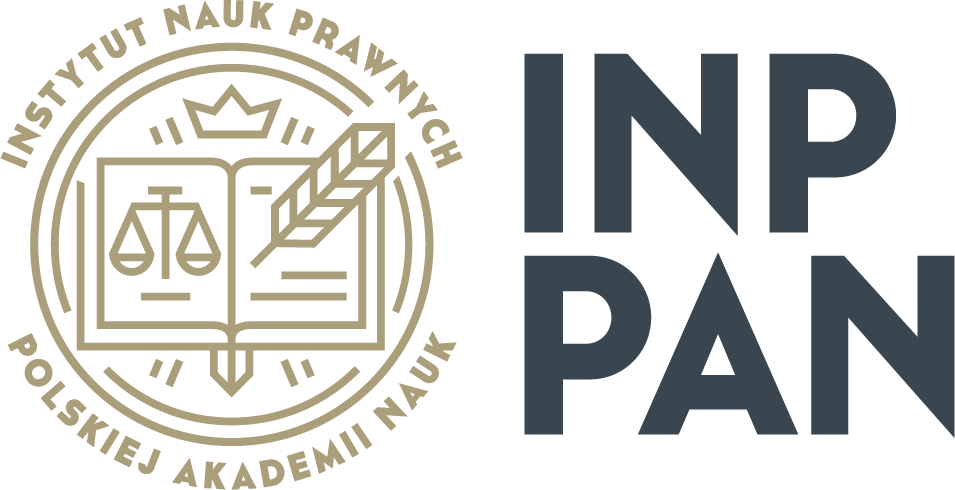Legal Tech and the Future of Civil Justice
Saved in:
| Corporate Author: | |
|---|---|
| Other Authors: | |
| Language: | English |
| Published: |
Cambridge :
Cambridge University Press,
2023.
|
| Physical Description: | XX, 550 stron. |
| Subjects: | Zobacz więcej... |
| Online Access: | Zobacz publikację w Cambridge Core (Open Access) |
| Description: |
Table of Contents:
- Engstrom, David Freeman Introduction : Civil Justice at the Crossroads (s. 1-18) https://doi.org/10.1017/9781009255301.001
- Barton, Benjamin H. The Future of American Legal Tech : Regulation, Culture, Markets (s. 21-43) https://doi.org/10.1017/9781009255301.003
- Armour, John Sako, Mari Lawtech : Leveling the Playing Field in Legal Services? (s. 44-69) https://doi.org/10.1017/9781009255301.004
- Frankenreiter, Jens Nyarko, Julian Natural Language Processing in Legal Tech (s. 70-90) https://doi.org/10.1017/9781009255301.005
- Danser, Renee L. Greiner, D. James Guo, Elizabeth Koltun, Erik Remote Testimonial Fact-Finding (s. 93-111) https://doi.org/10.1017/9781009255301.007
- Guha, Neel Henderson, Peter Zambrano, Diego A. Gamesmanship in Modern Discovery Tech (s. 112-132) https://doi.org/10.1017/9781009255301.008
- Engstrom, David Freeman Engstrom, Nora Freeman Legal Tech and the Litigation Playing Field (s. 133-154) https://doi.org/10.1017/9781009255301.009
- Alexander, Charlotte S. Litigation Outcome Prediction, Access to Justice, and Legal Endogeneity (s. 155-172) https://doi.org/10.1017/9781009255301.010
- Venook, Todd Engstrom, Nora Freeman Toward the Participatory MDL : A Low-Tech Step to Promote Litigant Autonomy (s. 173-195) https://doi.org/10.1017/9781009255301.011
- Hagan, Margaret The Supply and Demand of Legal Help on the Internet (s. 199-224) https://doi.org/10.1017/9781009255301.013
- Quintanilla, Victor D. Hugenberg, Kurt Hagan, Margaret Gonzales, Amy Hutchings, Ryan Yel, Nedim Digital Inequalities and Access to Justice : Dialing into Zoom Court Unrepresented (s. 225-250) https://doi.org/10.1017/9781009255301.014
- Spaulding, Norman W. Online Dispute Resolution and the End of Adversarial Justice? (s. 251-285) https://doi.org/10.1017/9781009255301.015
- Prescott, J.J. Using ODR Platforms to Level the Playing Field : Improving Pro Se Litigation through ODR Design (s. 286-304) https://doi.org/10.1017/9781009255301.016
- McCormack, Bridget Mary The Disruption We Needed : COVID-19, Court Technology, and Access to Justice (s. 307-327) https://doi.org/10.1017/9781009255301.018
- Gelbach, Jonah B. Free PACER (s. 328-348) https://doi.org/10.1017/9781009255301.019
- Yoon, Albert H. Technological Challenges Facing the Judiciary (s. 349-367) https://doi.org/10.1017/9781009255301.020
- Rostain, Tanina O’Hara, Amy The Civil Justice Data Gap (s. 368-388) https://doi.org/10.1017/9781009255301.021
